In recent years, the housing market has grown at an unprecedented rate due to rising home prices and strong demand in all segments of the market. Although many homeowners and investors have profited from this boom, there are rising worries that the market could be about to undergo a correction or, even worse, a bubble burst. What goes up must eventually come down, as history has shown us, and a number of indications point to 2024 as the year the housing market will likely experience major volatility.
Increasing Housing Costs

Home prices have risen faster than salary growth in many locations in recent years. Prices that rise too quickly are frequently an indication that the market is overpriced and could lead to a bubble burst.
Growing Disparity Between Income Levels and Property Prices

As home prices continue to increase, the gap between what people earn and what they can buy is increasing. This disparity is starting to become unsustainable in many areas, which raises the possibility of a market correction and results in fewer suitable buyers.
Interest rates on mortgages are rising
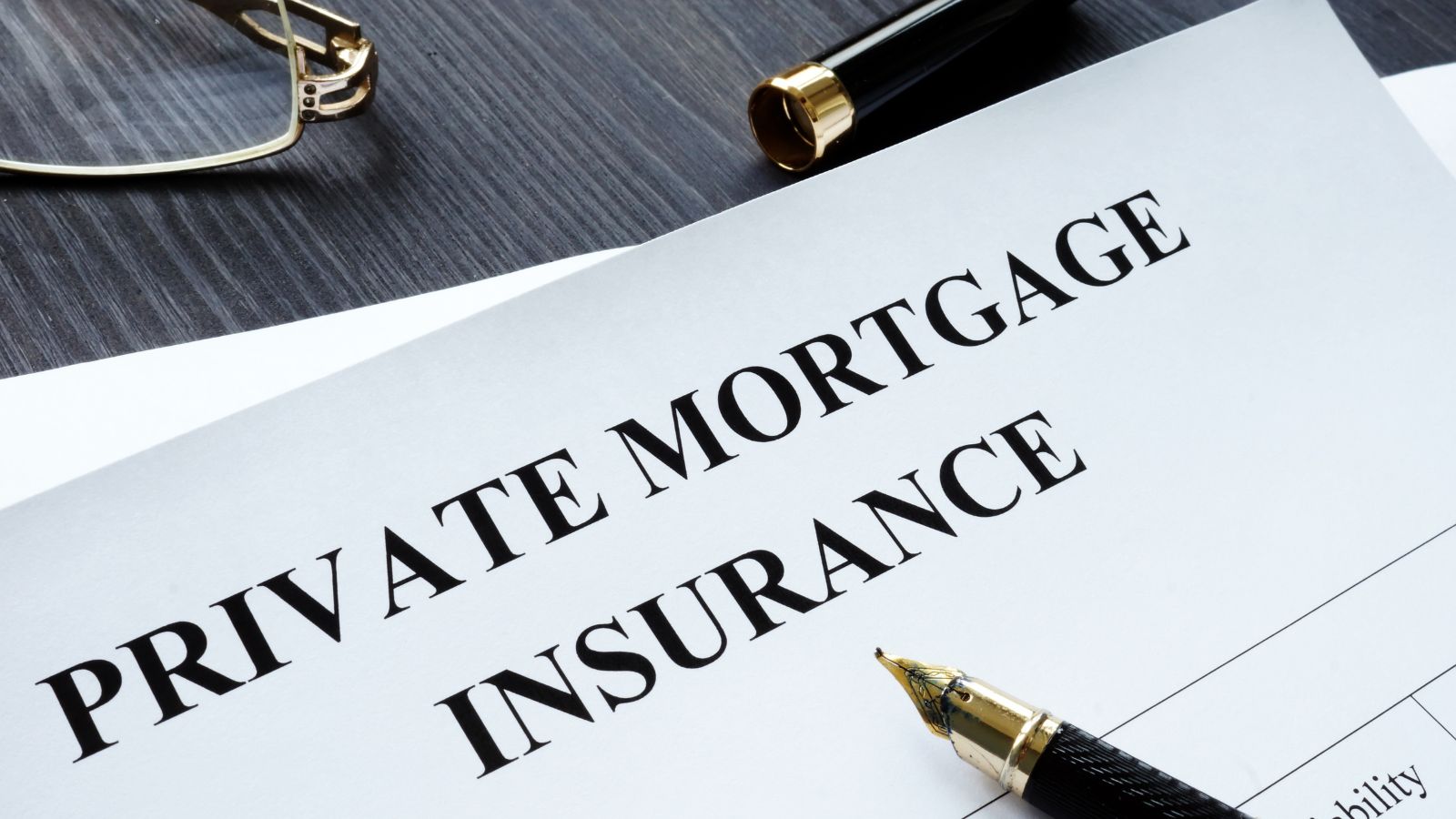
Central banks have been raising interest rates in response to rising inflation, which directly affects mortgage payments. The demand for homes may decline as borrowing costs rise, which would put downward pressure on prices.
A rise in mortgages with adjustable rates
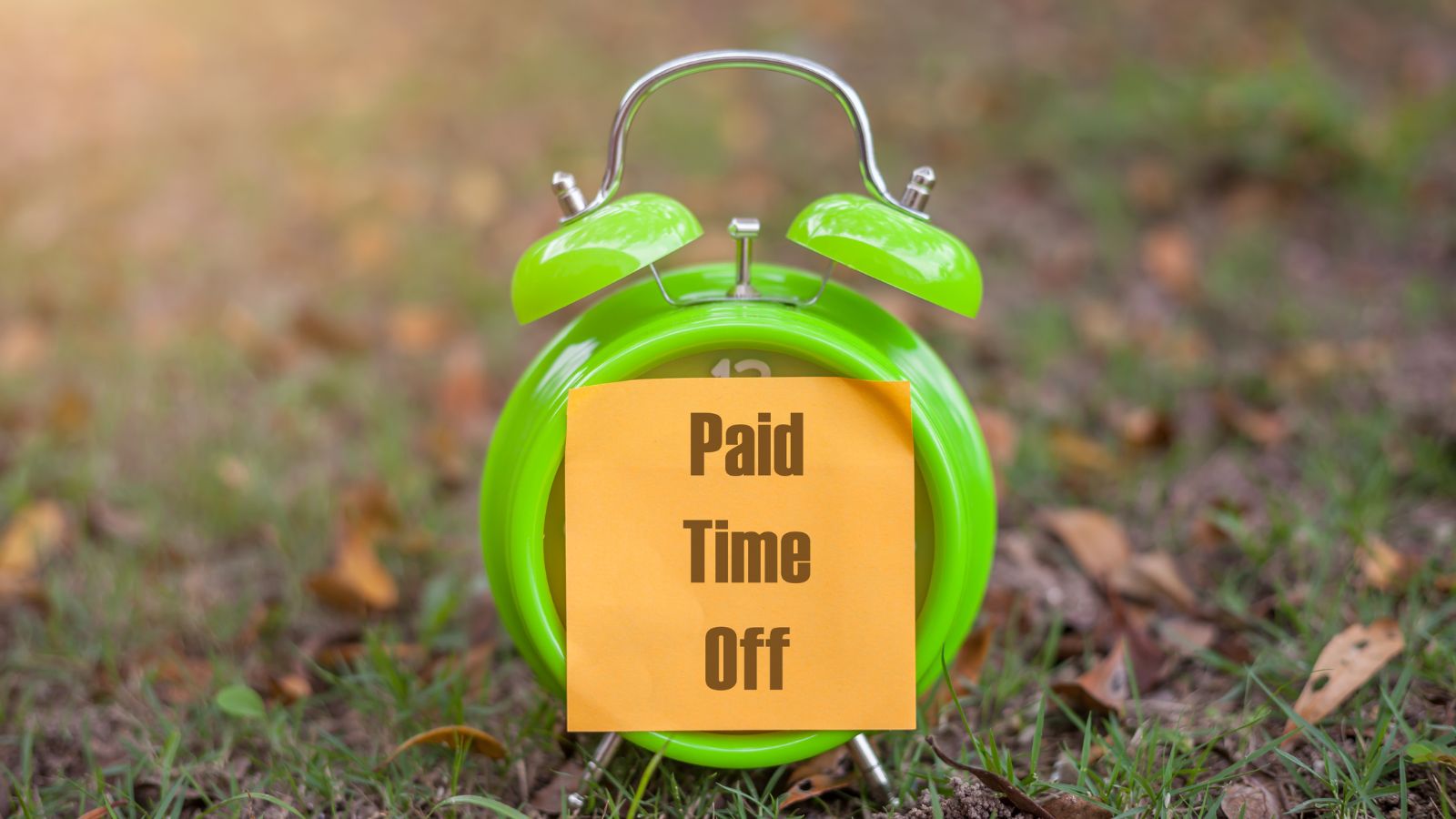
Due to their initially lower interest rates, adjustable-rate mortgages have grown more popular among buyers. However, homeowners with adjustable-rate mortgages may find that their payments skyrocket in response to rising rates, which would raise the risk of defaults and further strain the market.
Elevated Degrees of Speculation in Real Estate

When speculators pour money into the housing market in an attempt to profit quickly, prices frequently rise uncontrollably and cause unsustainable growth. In many areas, there has been abundant real estate speculation, leading to the overvaluation that accompanied past market catastrophes.
Supply is Greater Than Need

There are now more houses available in some places than there are buyers. Home values are under pressure to decline as inventory levels rise and fewer purchasers are prepared to pay inflated prices, which might lead to a bubble burst.
The Cost of Rent Is Stalling
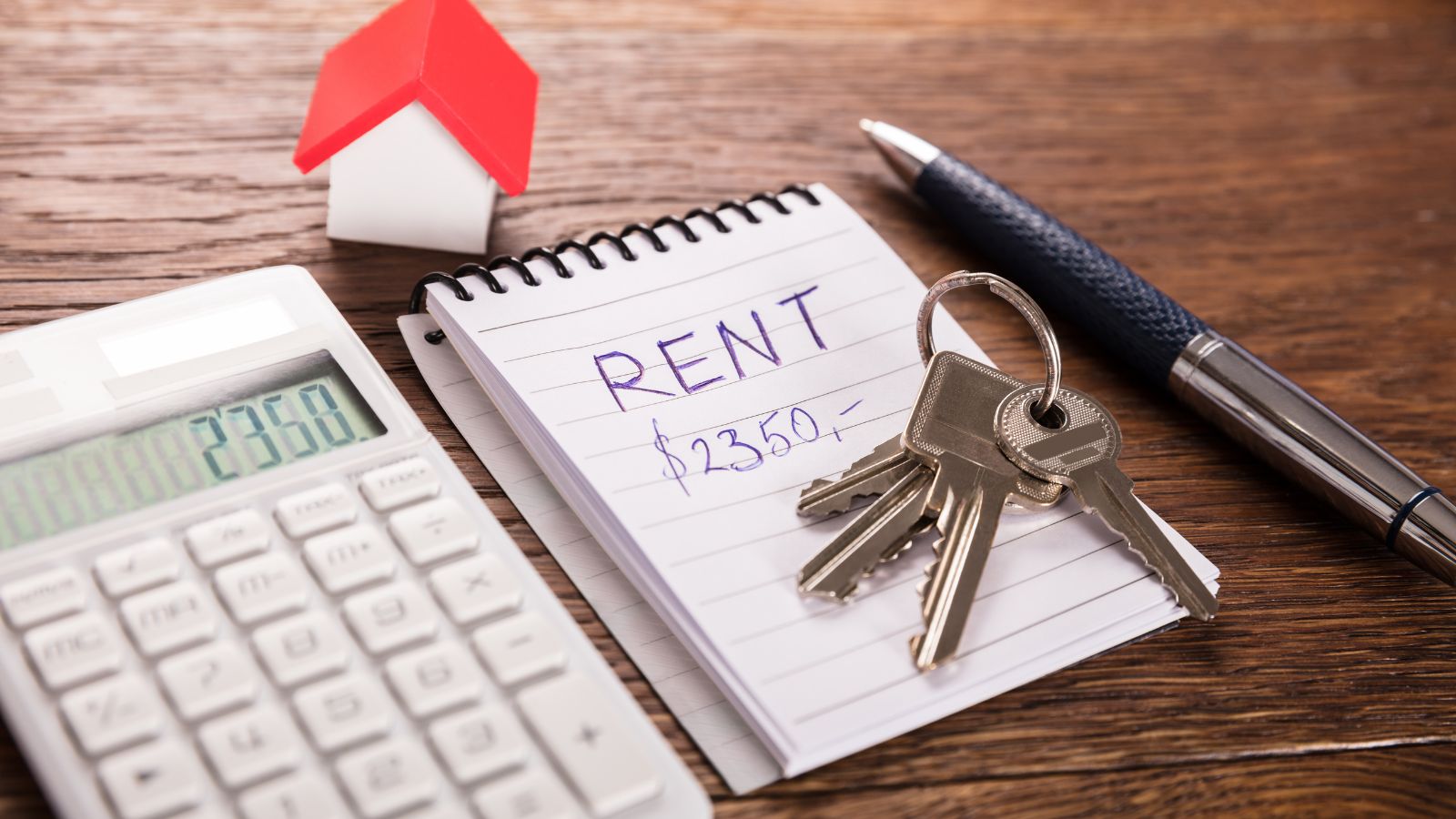
While property prices have been climbing, rents in some places have leveled off. Given that rental revenue usually serves to justify housing values, this could indicate that prices have reached an unsustainable level. A fall or stagnation in rent prices may precede a correction in the housing market.
A High Rate of Second-Home Concentration

A significant portion of homes in some areas are second homes or holiday rentals. When things go bad economically, these houses are frequently the first to go, which floods the market with inventory and lowers prices.
Rise in Home Seizures
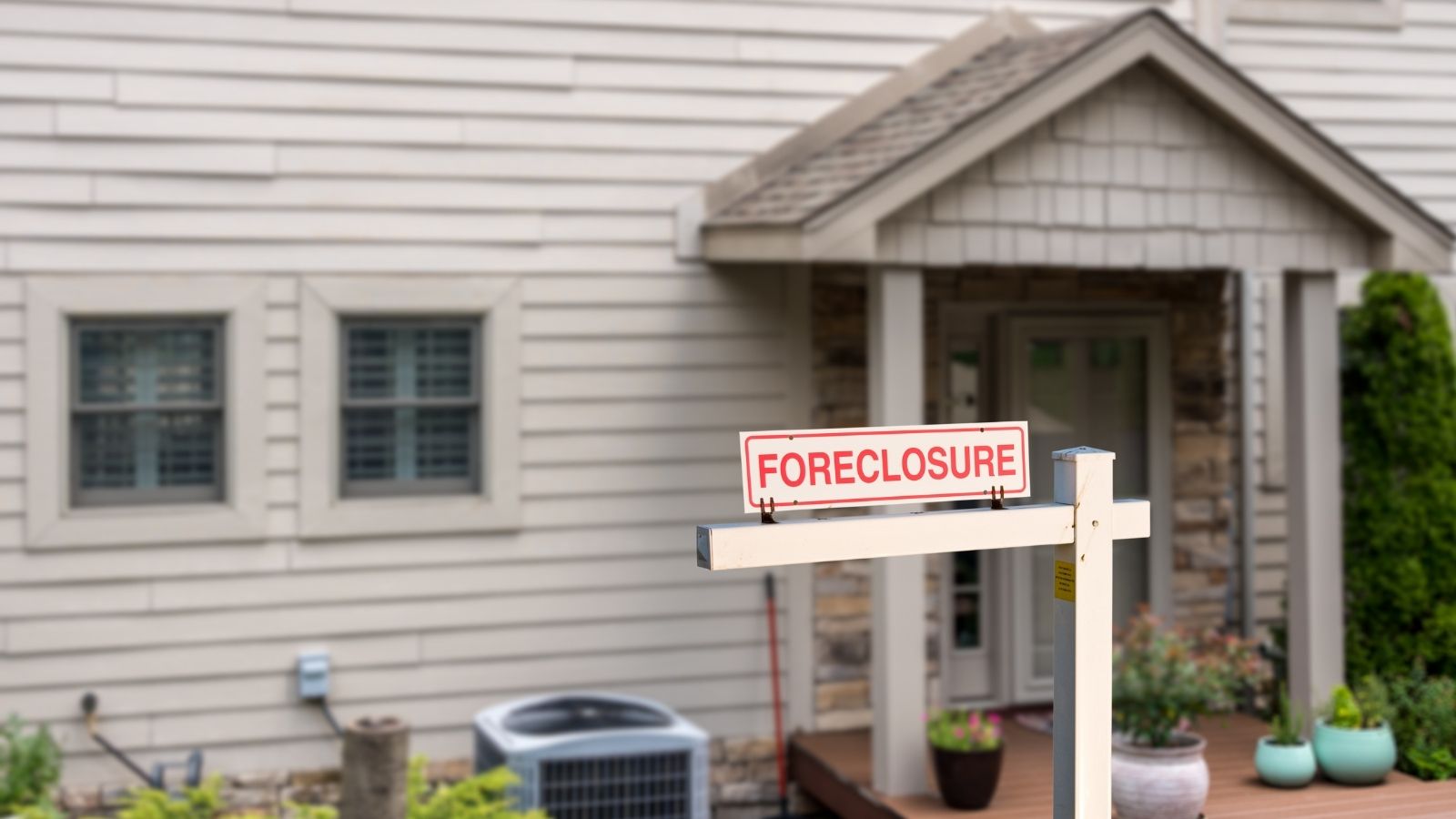
Foreclosure rates are starting to rise as more homeowners become unable to make their mortgage payments. A notable increase in foreclosures has the potential to swamp the market with inexpensive homes, bringing down prices and further upending the stability of the housing industry.
Waning Buyer Sentiment

Fewer people say that now is a good time to buy a home, showing growing anxiety about market conditions. A fall in buyer confidence can impair demand and cause price declines or stagnation.
Indebted House owners
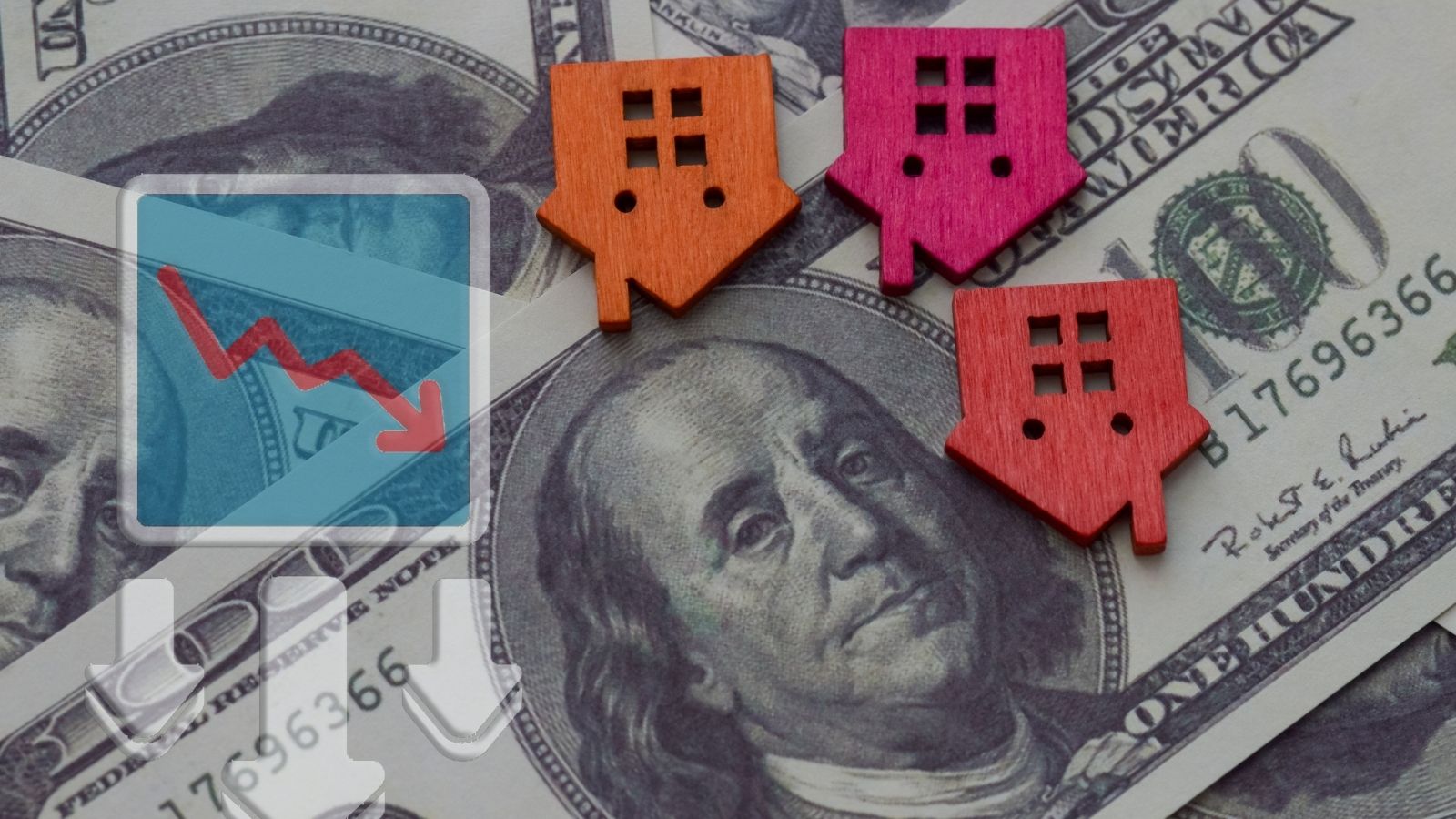
Many homeowners have taken out enormous mortgages that are beyond their means. These buyers who have taken on excessive leverage may struggle to make payments if interest rates rise more or the economy contracts. This might result in a rise in defaults and forced sales, which would further compress the market.
An increase in rates of vacancy

Certain regions are seeing greater vacancy rates as the housing supply rises. When homeowners or investors try to sell at a reduced price to avoid hanging onto empty units, vacant properties can indicate a lack of demand and may result in price decreases.
Certain Areas See Construction Booms

Builders have accelerated development in some areas, oversupplying the market with newly built homes. Although this may appear to be a good thing, an excess of supply can outpace demand, which drives down prices and leaves builders with unsold inventory.
Increasing Household Debt
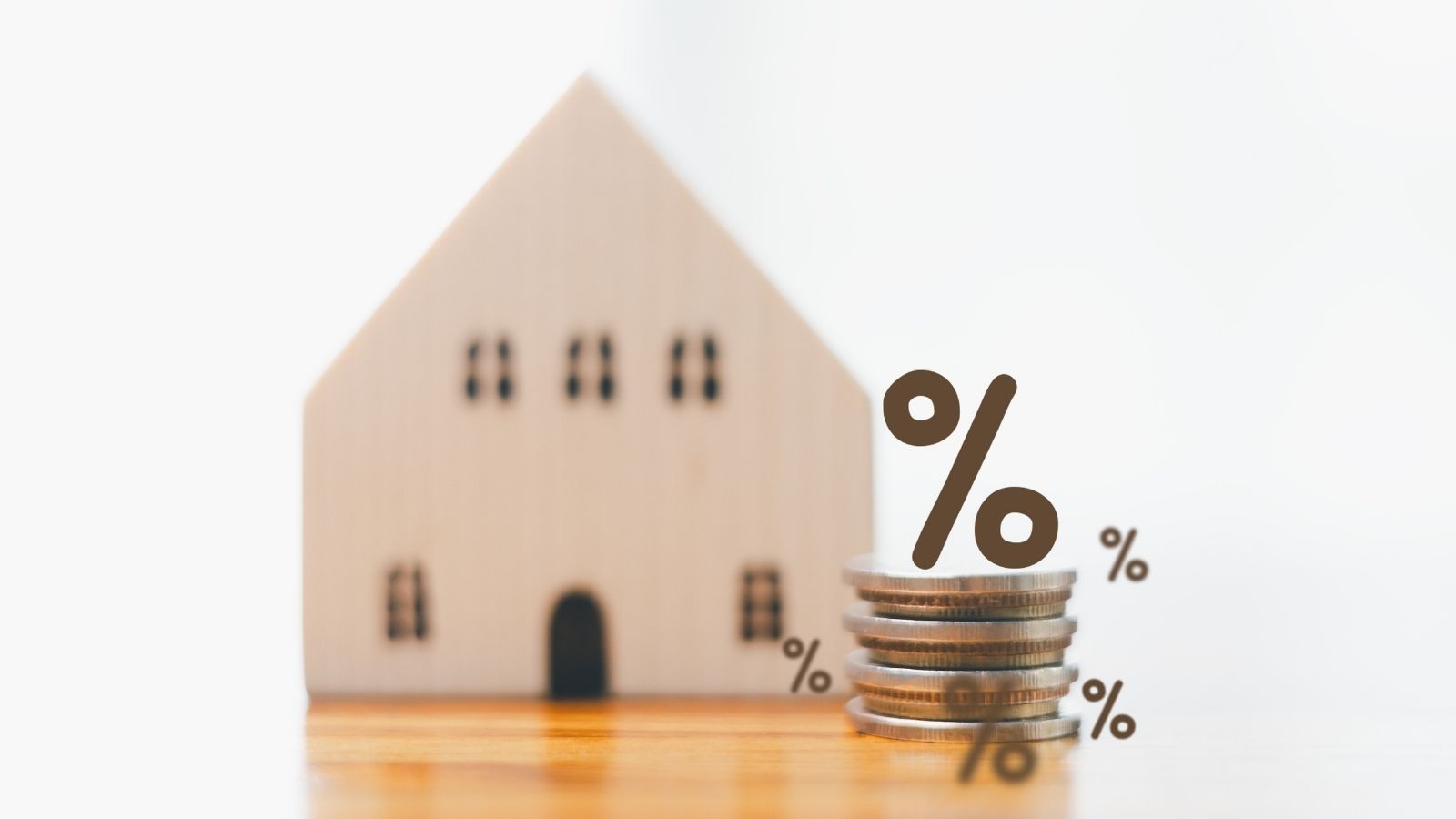
Due in part to large mortgage loans, household debt is at historic highs. Any economic downturn might make it difficult for borrowers to keep current on their payments, increasing the possibility of defaults as more people take on debt to finance homes.
Government Involvement and Declining Stimulus

Government initiatives and stimulus plans have supported the housing market in recent years. The market may lose some of the buoyancy that has kept it high if these supports are phased out, which would raise the possibility of a correction.
Excessive Majority of Second Homes
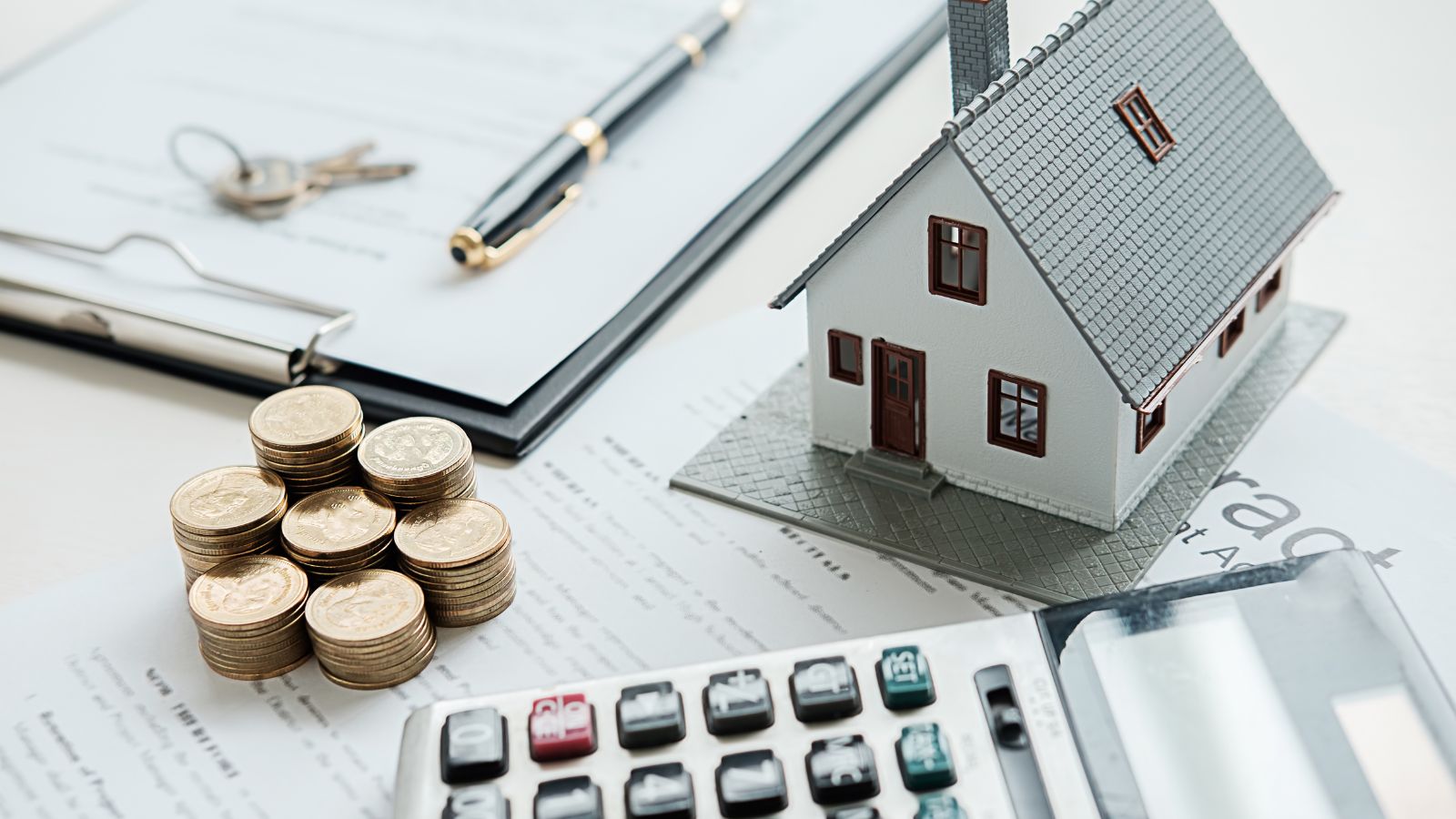
A significant portion of homes in some areas are second homes or holiday rentals. When things go bad economically, these houses are frequently the first to go, which floods the market with inventory and lowers prices.
Decelerating Worldwide Economic Development

There are challenges affecting the world economy, such as inflation and geopolitical unrest. The demand for real estate could decline if economic growth slows down, especially in upscale areas that draw in foreign purchasers.
Stricter Guidelines for Lending

Buyers are finding it more difficult to qualify for mortgages as banks become more
about lending. More restrictive lending criteria may narrow the pool of possible purchasers, driving down house prices and possibly even sparking a market correction.
Weary Investors

Fearing overpriced real estate and increasing loan rates, real estate investors who have been engaged in the market are beginning to withdraw. Price decreases may result from a sharp loss in demand caused by large-scale investor withdrawals from the market.
The Crisis of Affordability of Housing

The housing affordability crisis has reached a boiling point in many places, with property prices surpassing what most people can afford reasonably. Demand may abruptly decline as more prospective buyers are priced out of the market, which can burst the bubble and cause a rapid decline in home values.
Conclusion

Although it is hard to know exactly what will happen in the future, there are indications that the housing market may be headed for a correction in 2024, if not a full-blown bubble burst. Increasing mortgage rates, rising housing prices, and unstable economic conditions are a few things that could make a difference. As a homeowner, investor, or potential buyer, it is imperative that you be aware and ready for any major changes that may occur.
18 Reasons Why People Are Leaving Florida in Masses

Exploring factors that impact the desirability of living in Florida, this list delves into various challenges shaping residents’ experiences. From environmental concerns like rising sea levels to economic factors such as fluctuating job markets, these issues collectively contribute to a nuanced understanding of the state’s appeal.
18 Reasons Why People Are Leaving Florida in Masses
